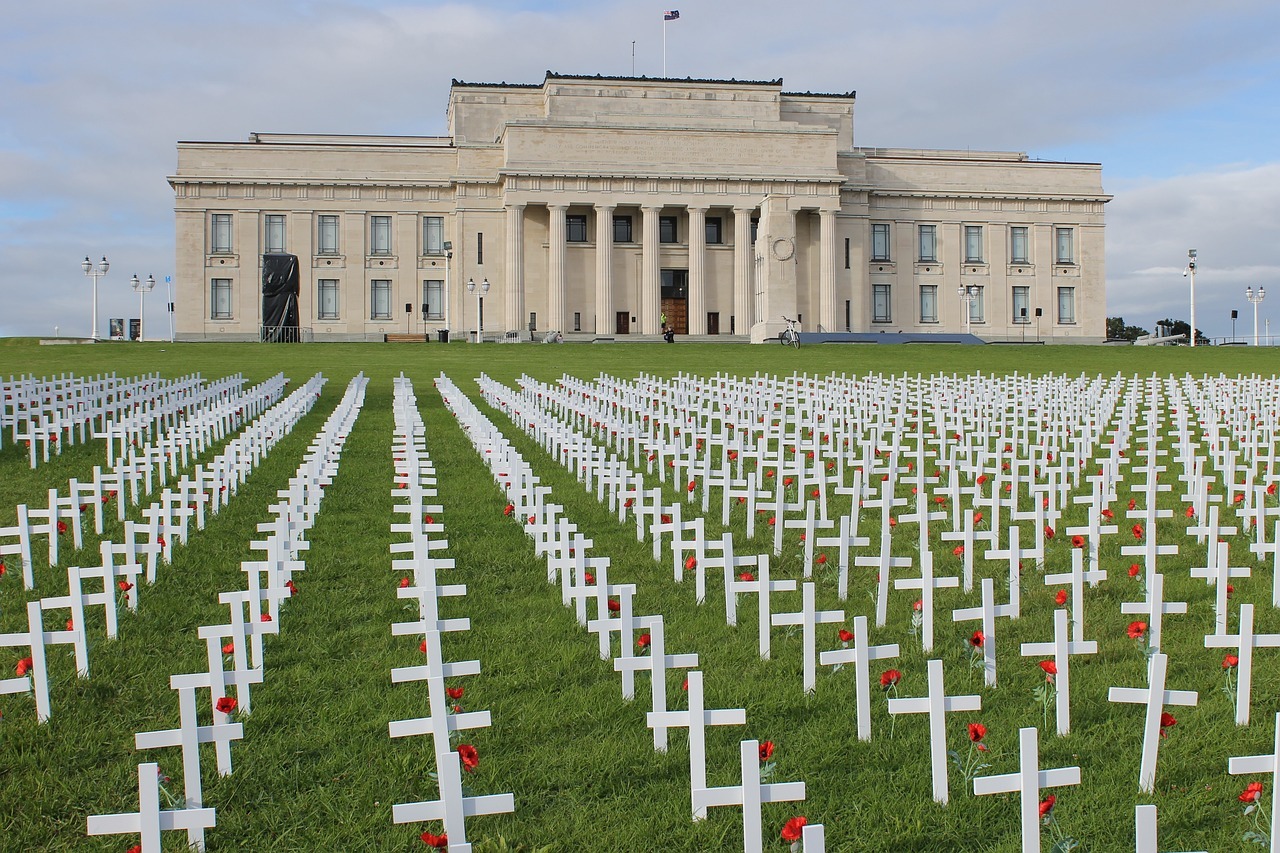ANZAC Day Commemoration
I am writing this on April 25, a public holiday as New Zealanders remember those 2779 New Zealand soldiers who died at Gallipoli in the senseless assault on Turkish forces ordered by Winston Churchill. But what on earth were New Zealanders doing fighting in distant Turkey, now known as Türkiye?
World War I
When World War 1 began, Turkey’s Ottoman Empire allied with Germany, so New Zealand, still a British colony, was required to support Britian in its imperial wars. Britain recognised that victory over the Ottoman Empire, which then included Palestine and the oil rich countries of the Middle East, would be a significant gain. So almost immediately after Britain declared war on the Ottoman Empire in November 1914, it invaded Iraq to secure its oil reserves around Basra in southern part of the country.
British Control of Palestine
Britain’s imperial ambitions also lead to British control of Palestine, which in 1914, was likewise part of the Ottoman Empire. To achieve its aims, Britain sought the support of the different Arab groups in the Middle East. A romanticised account of this can be seen in David Lean’s 1962 film, Lawrence of Arabia.
Balfour Declaration
Perhaps even more devastating for long term peace in the Middle East was the infamous Balfour Declaration of November 1917, written by the British Foreign Secretary, Arthur Balfour to British-born Jewish financier, Walter Lionel Rothschild. The Government pledged support for a “Jewish national home” in Palestine – a move motivated by a mixture of realpolitik and Biblical romanticism. See Olli Hellmann, The Conversation, April 24 2024:
Results of British Imperialism
Although Britain’s imperial power has long gone, the results of its victory over the Ottoman Empire have since proved disastrous for millions of peoples. Here in New Zealand, there is little questioning as to why nearly 3000 young men were killed at Gallipoli to further those imperial goals. The violent conflict today in Gaza and the West Bank has its origins in the British ruling class belief that Britain was indeed a “Land of Hope and Glory,” and therefore entitled to determine the lives of millions. Perhaps a new song should be written, entitled “Land of Death and Destruction.”
Susan Smith RNDM is a lecturer emerita in The University of Auckland’s Department of Theology. Her PhD was on developments in Catholic missiology after Vatican II. After her retirement from The University of Auckland, Susan also provided NT modules for the University of Newcastle, Australia, and a Women in Leadership module for Duquesne University. Susan lives with another member of her congregation in Whangarei, New Zealand, where both are committed to exploring experientially what it means to live in an eco-community. Both are involved in neighborhood environment organizations. They are particularly interested in what might shape eco-spiritualities in New Zealand.





In reading your reflection, I could somehow feel and smell the futility and destruction of endless war. Thanks for your broad brush picture of a history largely unknown to me.
It’s hard for me to imagine new life emerging out of all the present horrors of Gaza. And still I hope.